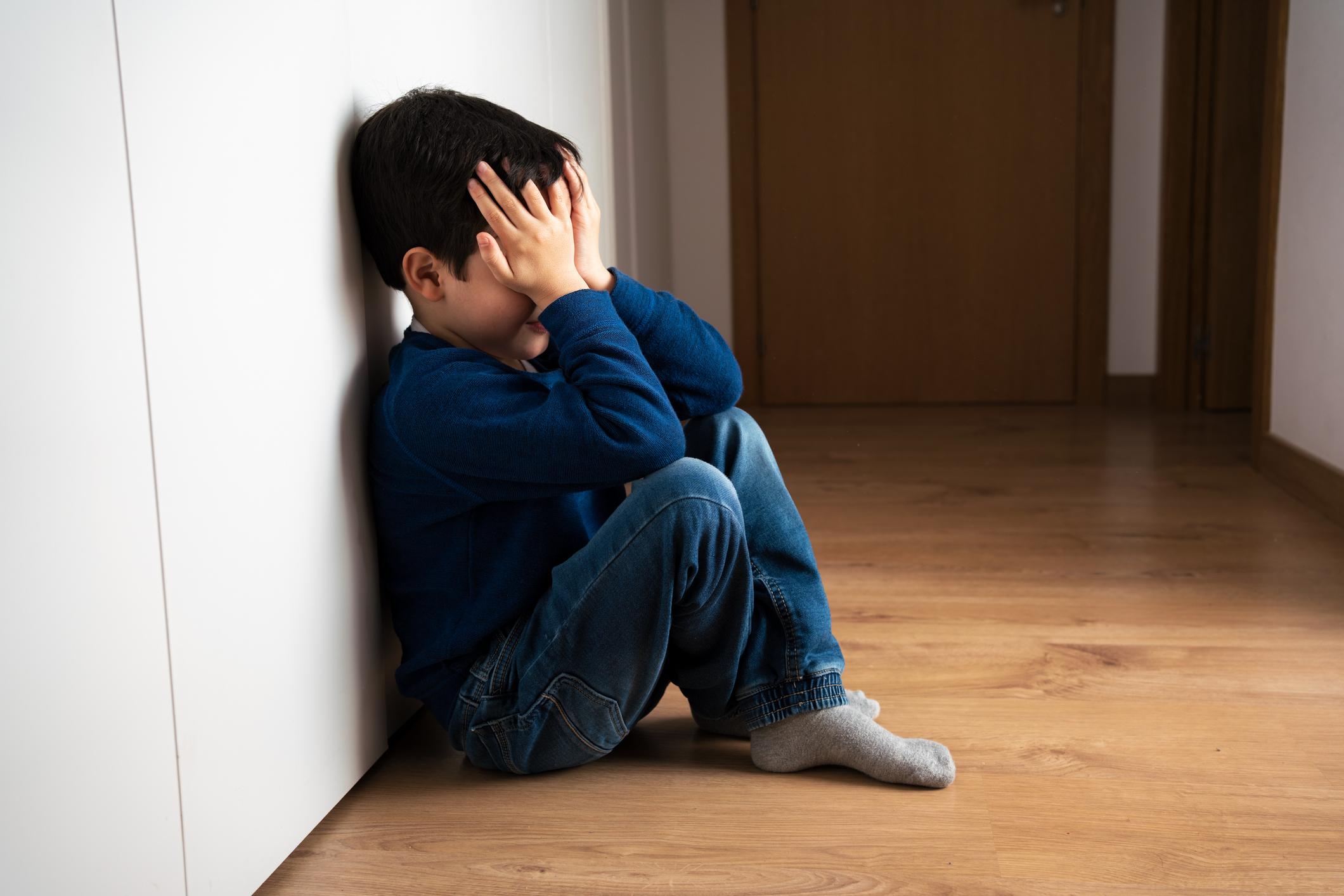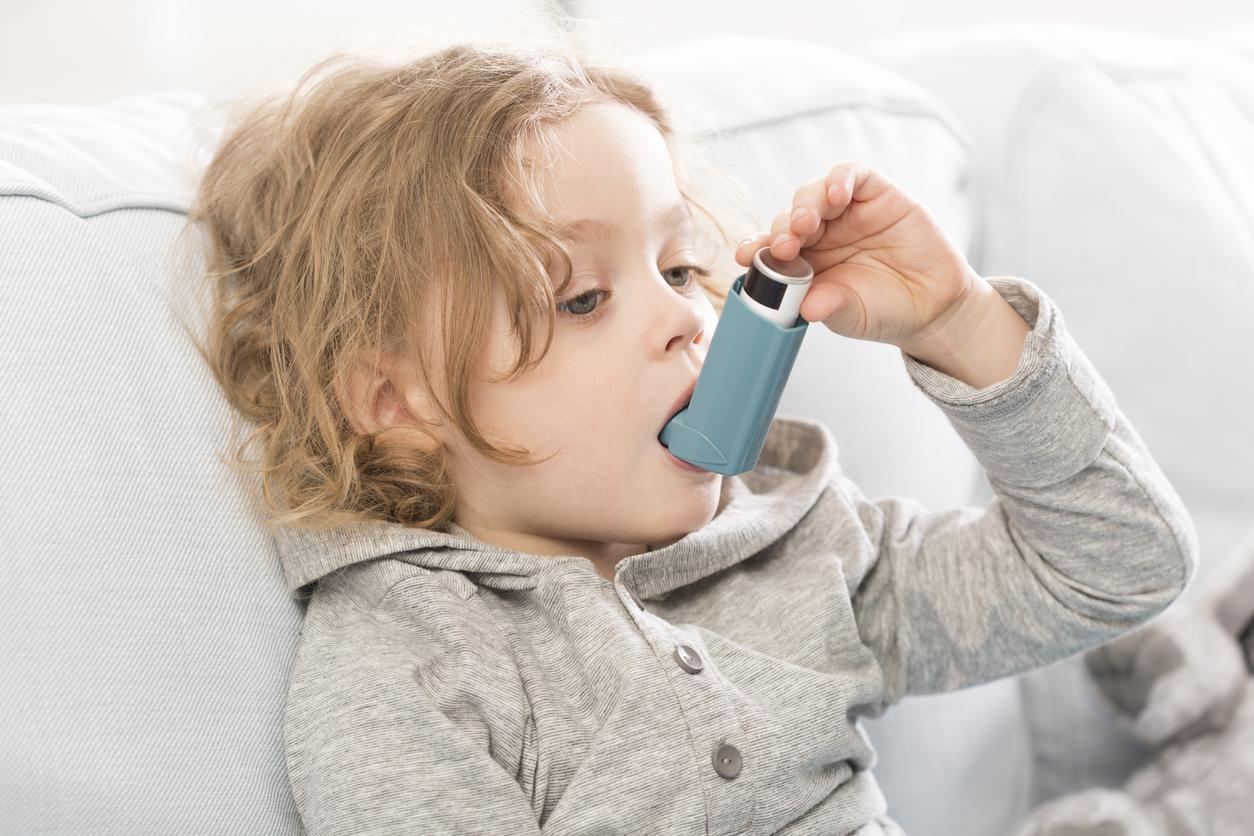Young French mothers are breastfeeding their babies for longer and in greater numbers, according to a study published by Santé publique France.

- In 2021, 77% of children born in France are breastfed in maternity wards compared to 74% in 2012, according to the Epifane study published by Public Health France.
- In the same year, half of breastfeeding mothers breastfed their babies for 20 weeks, compared to 15 in 2012.
- “At 6 months, more than a third of children were still breastfed in 2021 compared to less than a quarter in 2012.”
Good news: the practice of breastfeeding is gaining ground in France. This is what the second edition of the Epifane investigationpublished by the French Public Health Agency on July 23. This study, conducted in 2021, describes the diet of children during their first year of life, including the frequency, duration and exclusivity of breastfeeding, and the methods of dietary diversification and their evolution over the past 10 years. For the purposes of the work, the team recruited 3,500 mothers who provided information on their baby’s diet but also on their state of health, their lifestyle habits and their environment (mental health, chronic illness, attachment to the child, alcohol and tobacco consumption, violence within the home, etc.).
Young mothers breastfed for 20 weeks in 2021 compared to 15 in 2012
According to the results, more and more children are breastfed in maternity wards. And for good reason, the rate of babies breastfed at birth now exceeds the 75% target set by the recommendations of the National Nutrition Health Program (PNNS). In detail, in maternity wards, 77% of women breastfed their infants in 2021 compared to 74% ten years earlier. Another observation: the median duration of total breastfeeding (which includes exclusive breastfeeding and mixed breastfeeding, i.e. supplemented by breast milk substitutes) is 20 weeks compared to the target set at 17 weeks. “In 2021, half of mothers who breastfed their child did so for 20 weeks, compared to 15 in 2012. At 6 months, more than a third of children were still breastfed in 2021 compared to less than a quarter in 2012.”
As a reminder, breastfeeding is one of the most effective ways to preserve the health and ensure the survival of the child, according to World Health Organization (WHO). “Breast milk is safe, clean, and contains antibodies that protect against many common childhood illnesses. It provides all the energy and nutrients an infant needs for the first six months of life, and continues to provide half or more of their nutritional needs for the second half of life and up to a third of them for the second year.”
Breastfeeding: France remains behind other European countries
Despite these encouraging results, “France remains far behind in terms of breastfeeding compared to other European countries, most of which are above 80% breastfeeding at birth, according to the latest data available on the subject. Ireland, with less than one in two women breastfeeding when leaving the maternity ward, is the only European country, along with Cyprus and Malta, to display breastfeeding rates lower than those of France.” This situation can be explained by the possible insufficient duration of maternity leave, the insufficient training of health professionals and employers in supporting women wishing to breastfeed, the undervalued image of breastfeeding women and the contradictory information received on breastfeeding and feeding young children.
French data show that the main reasons for stopping breastfeeding at two months are finding the bottle more convenient, including the desire to involve the father more, and perceived insufficient breast milk production. For more than one in two women, the other reasons are problems with breastfeeding (57%), organization and lack of time (54%). “These results highlight the importance of mothers being supported by well-trained professionals, both for the initiation of breastfeeding and for its continuation,” can be read in the report.
















